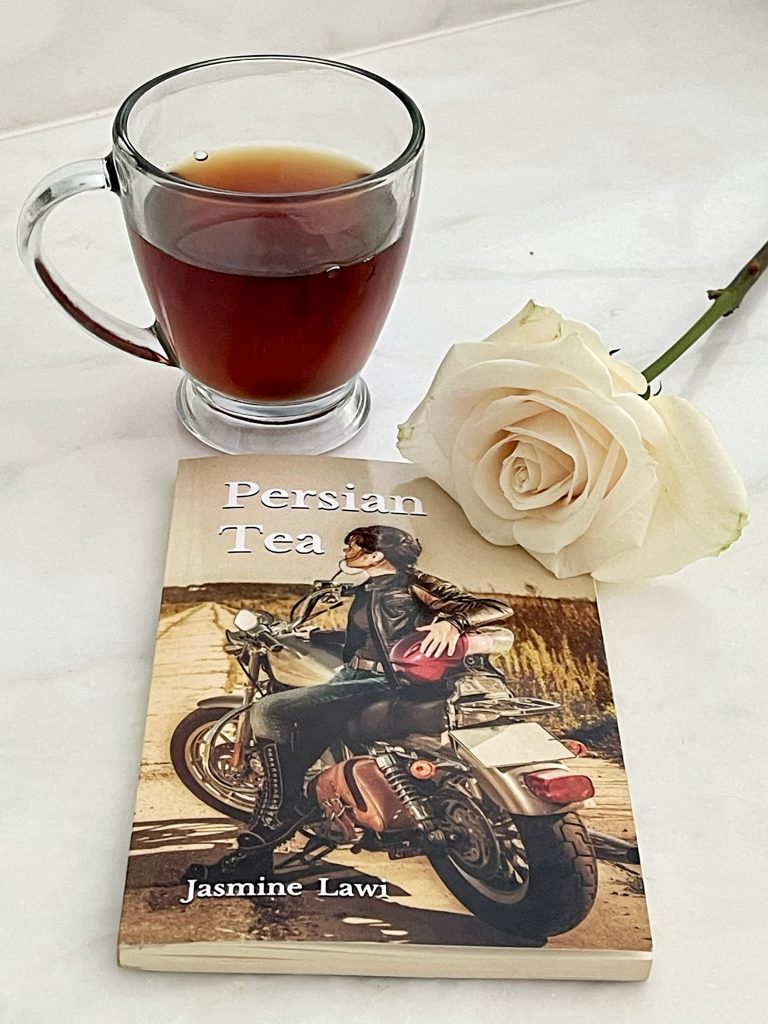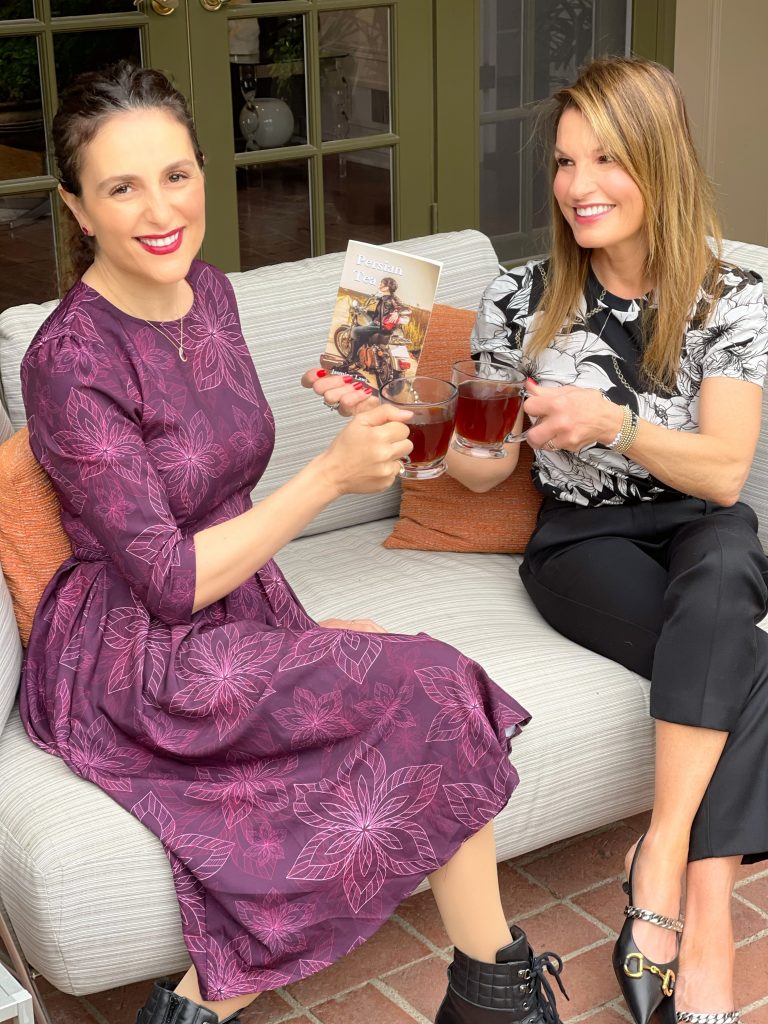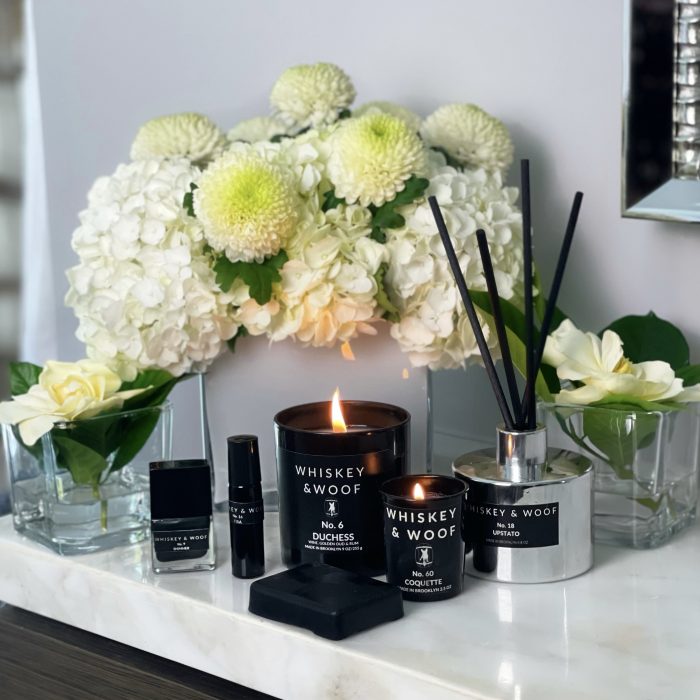If you have ever sipped Persian Tea, then you understand what I am about to describe. Persian Tea is a black tea, steeped to a dark color, with a depth that matches its legacy. It’s a complex tea, served in a beautiful glass cup that one grasps by the handle so as not to burn one’s fingers. I love this tea; I find it warm and comforting. I do not sweeten it, rather prefer its pure bold flavor. This is all seemingly metaphorical as I introduce you to my dear friend and now #1 selling author, Jasmine Lawi: Persian Tea is now #1 on Amazon!

Jasmine and I met nearly 10 years ago when her brother began dating my cousin, Misha. Our two families melded two years later when they wed, and our cultures, Ashkenazi and Persian united as well.

Jasmine’s mother, Violet, Misha’s sister, Hally, me, Serena, Misha, Susan (Misha’s mother), and Jasmine
Jasmine’s family history is one that reflects dangerously escaping post- Shah Iran, arriving on the shores of America, bouncing from one home to the next until settling in Los Angeles. Persian immigrant life was complicated, much like its tea’s flavor. Yet it is so rich and interesting, in an edge-of-your-seat kind of way, that one is held captive by the details that envelop the story and contribute to the complex flavor.
Jasmine explains to me that her grandparents, who were once close personal friends of the Shah’s, would regale in the stories of their friendship with Iran’s former popular leader. These stories captivated young Jasmine, and she knew that one day she would retell them so they could be enjoyed in a more global way. However, she procrastinated for years, until her future husband, Amir, encouraged her to tell her family’s story; and as she found the time to devote to the writing of this book, she was able to gain clarity in her own life as well.

I won’t give away the powerful and charming stories which are eloquently captured on the pages of “Persian Tea,” but I will tell you that each sentence jumps off the page in a way the captivates the reader. I had no idea what to expect when I began this book, and as I read the first few sentences, I realized that Jasmine is a gifted writer able to transport the reader to a different time and place.

The stories of Persian Tea document a family’s idyllic life pre-revolution, when couples married young, worked hard, and prospered. I was particularly taken with these stories, as Jasmine brings the reader to the Iran of yesteryear. Descriptive passages beautifully articulate her family’s stories, and you can almost touch the gilded gates of the palace, taste the splendid fruits and move to the exotic rhythms of the music playing at these exclusive gatherings. Jasmine’s immediate family’s harrowing escape from Iran in the late 1970s, at the beginning of the revolution, serves as an abrupt end to the splendor of this bygone era.


As the raw and unembellished stories of their life in America emerge in the story, Jasmine lightens the mood with hilarious tales of time spent in Israel; from being duped into buying the “perfect” mattress, to nearly drowning her neighbors from a burst water pipe, I laughed out loud as I imagined the events. And she does it all with candor and honesty so beyond charming that the reader feels the connection with her immediately, and that is the gift of her writing.

Jasmine details the pressure she felt of “marrying,” which she experienced as a single Persian woman in her late 30’s. The stress and anxiety are palpable and the escape to Israel is completely understandable if not predictable. Luckily for Jasmine, her soulmate, Amir, was waiting for her on the Israeli shores of the Mediterranean. Thankfully for all of us, Amir had the foresight and wisdom to encourage Jasmine to write these wonderful stories, so that we can all enjoy them over Persian Tea.







